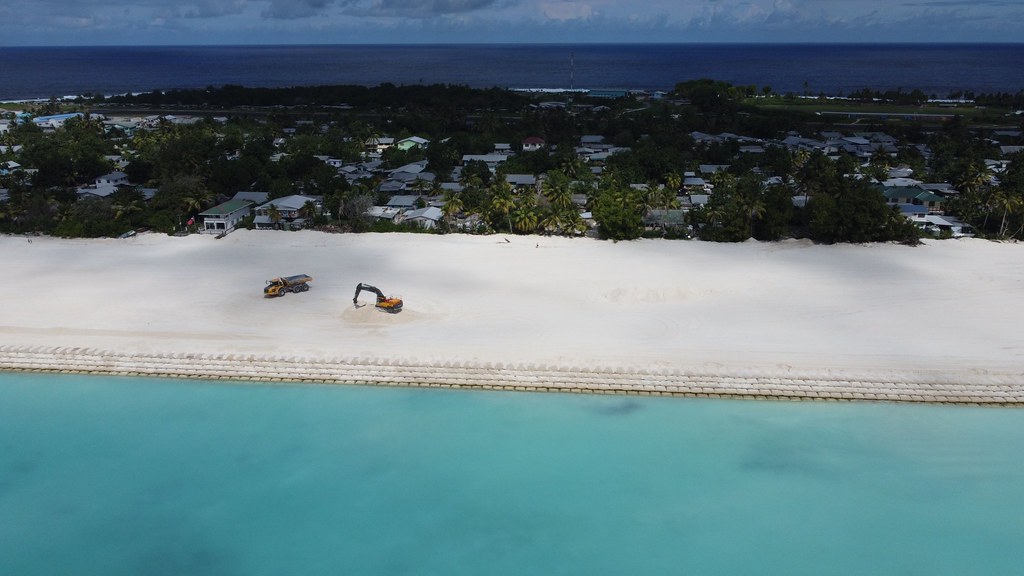 This brief report studies the relationship between the seasteading concept and the rules applied at sea: mainly the relation with IMO and the Classification Societies. The author is not an expert in each of the subjects, but has tried to give a general overview of the concepts. Research should be conducted more deeply together with each of the organisms. Any type of feedback is greatly appreciated.
This brief report studies the relationship between the seasteading concept and the rules applied at sea: mainly the relation with IMO and the Classification Societies. The author is not an expert in each of the subjects, but has tried to give a general overview of the concepts. Research should be conducted more deeply together with each of the organisms. Any type of feedback is greatly appreciated.

Smells like…bureaucracy.
So we can have our freedom after we pay for a flag of convenience, get our ideas approved by some bureaucratic society, and follow all the laws of the existing nations? Wow, I feel more free already…
Im not sure of classification is needed to obtain a flag; that would suck; but one compelling reason I can think of for classification is obtaining fundng and insurance. It is perfectly understandable that someone sharing the risk of your seastead should want some quality reassurance… as should you yourself.
By the way, these classification societies arnt the bureacratic monsters that one might suspect they are; many are infact truely non-governmental, from what I understand, and derive their credibility from the percentage of ‘their’ vessels sunk, not by bureaucratic decree.
The classification societies are a great example of private organizations providing a vital service in setting standards for shipping safety, construction, etc., which in turn enables insurers to have some confidence in the policies they write for ships. For those familiar with Underwriters Laboratory in the U.S. they perform a somewhat analogous function: privately reviewing and certifying the basic safety of products. They provide vital services privately.
Thank you very much for your comments !!
Some clarifications:
” Im not sure of classification is needed to obtain a flag” => you are right. For example, small fishing boats and small yatchs are normally not classified. But big vessels, and mainly offshore structures, are normally classified, as it appears in IACS http://www.iacs.org.uk/default.aspx
More than 90% of the world’s cargo carrying tonnage is covered by the classification design, construction and through-life compliance Rules and standards set by the ten Member Societies and one Associate of IACS
Some of the classification societies also provide technical standards for other industries such us aerospace, automotive, insurance, healthcare,…Let´s say that they are private companies providing HQSE services.
It is explained on the report:
The International Maritime Organization is a specialized agency of the United Nations which is responsible for measures to improve the safety and security of international shipping and to prevent marine pollution from ships. It is also involved in legal matters, including liability and compensation issues and the facilitation of international maritime traffic. The IMO slogan sums up its objectives: Safe, secure and efficient shipping on clean oceans.
More info here: http://www.imo.org